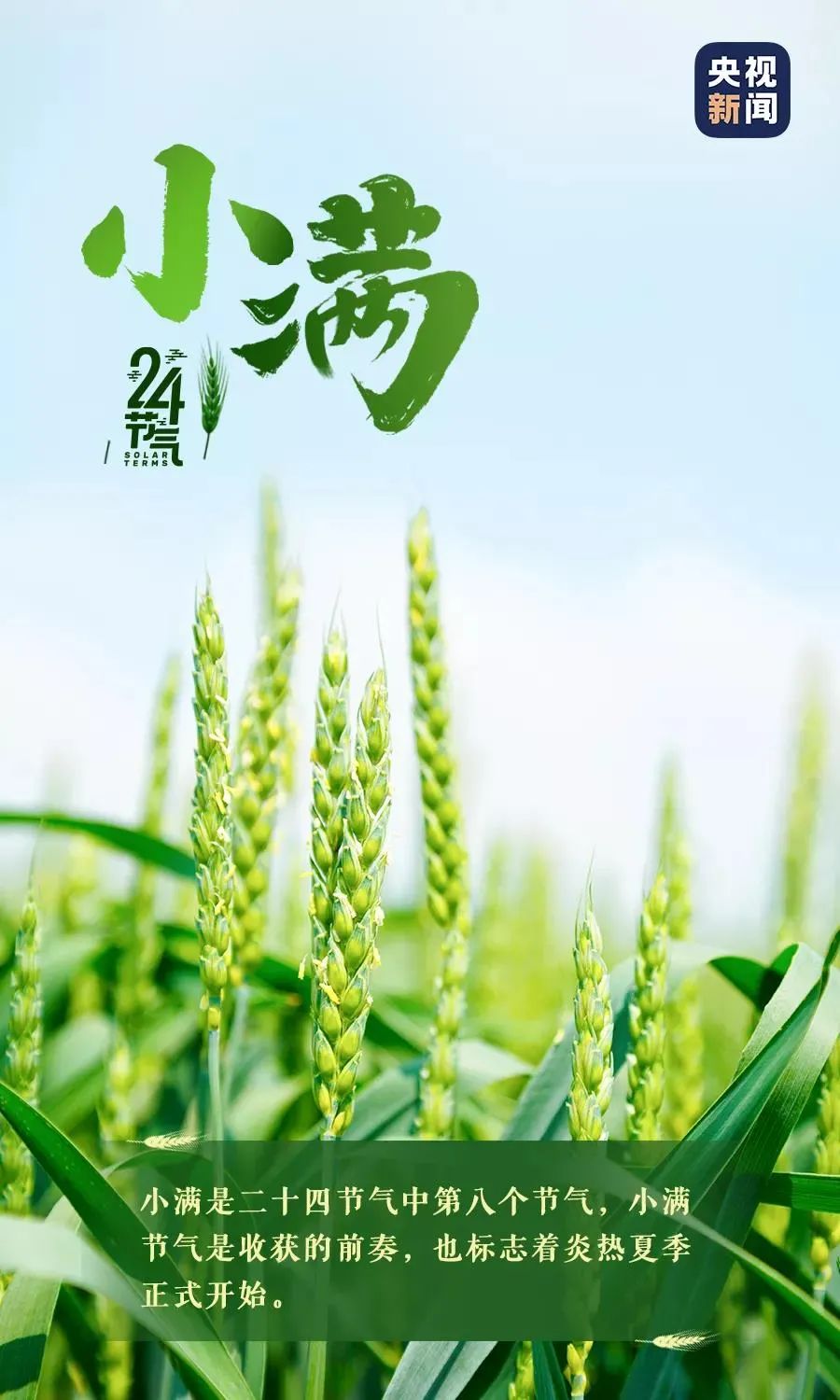
Photo/央视新闻
Grain Buds, or Xiaoman (小满), the 8th solar term of Chinese lunar calendar, falls on May 21 this year, marking the arrival of scorching summer and downpours. Grains are about to ripen, and other agricultural activities such as silk reeling also enter busy season.
As its name suggests, Grain Buds is the subtle period of time when summer grains and crops start to plump, but have not yet matured. The temperature gaps between the south and the north narrow down, and sufficient rainfall guarantees a bumper harvest.
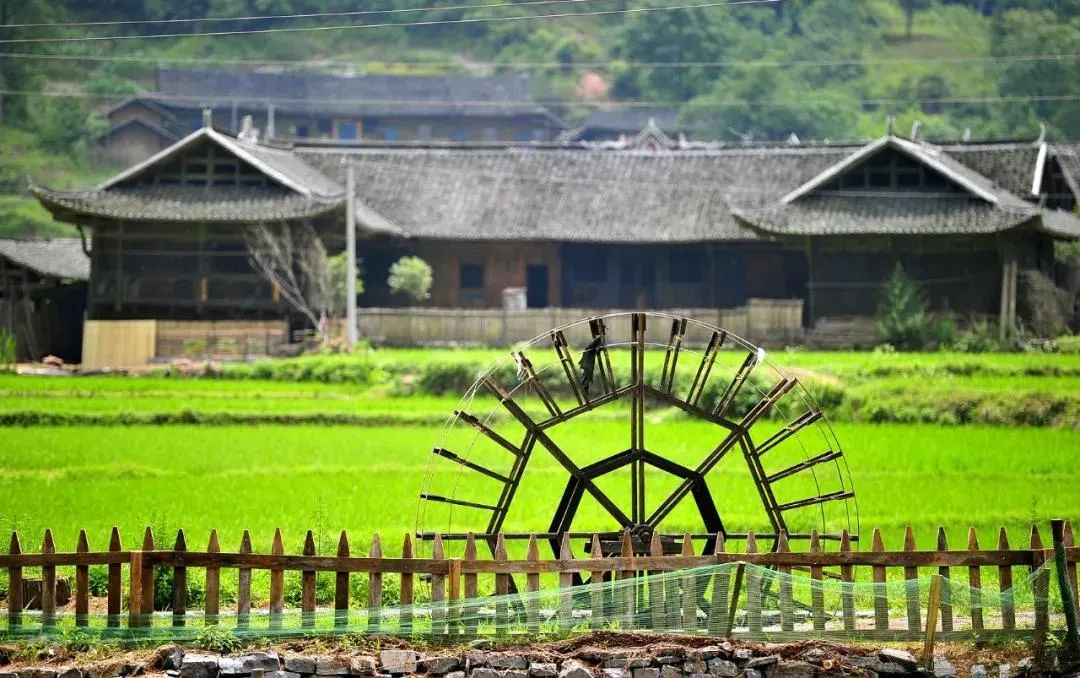
Photo/CCTV4
The "Three Wheels" are starting to hum as Grain Buds gets closer. Waterwheel for irrigating the rice fields, spinning wheel for making silk products, and oil wheel for squeezing oil out of rapeseeds, start to gather pace during this time of the year.
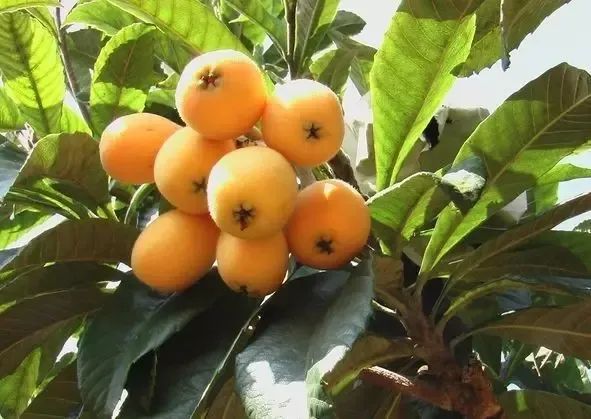
Loquat, a round, pale orange fruit, appears on the market in early May every year. [Photo provided to chinadaily.com.cn]
Grain Buds is also a good season for eating loquat (枇杷), a round and pale orange fruit with sweet yet slightly tart taste. The seasonal fruit is believed to help moisten the lungs and relieve cough.
A good season for eating fish
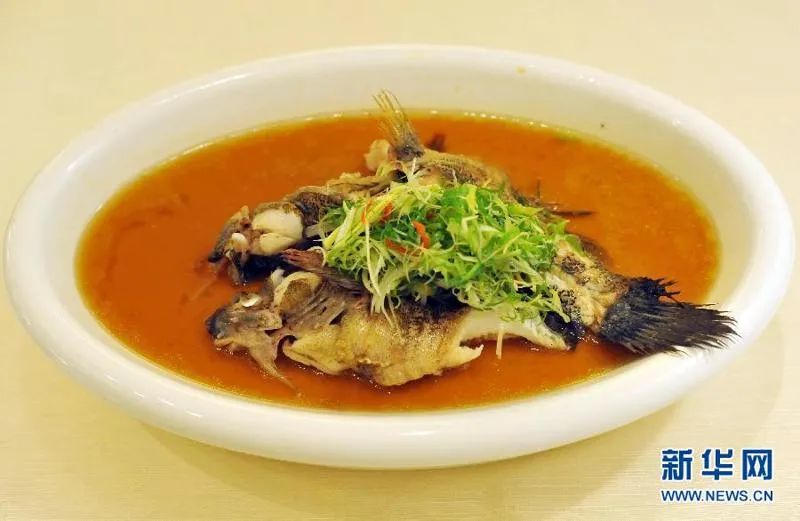
Photo/Xinhua
During the Grain Buds period, summer harvest is about to begin. A saying about rain during this time mentions, "A heavy rainfall makes the river full." Because of the great increase in rainfall, rivers are full of water, which gives rise to great tasting fish and shrimps. This is a good time to enjoy them. It is also harvest season for fishermen.
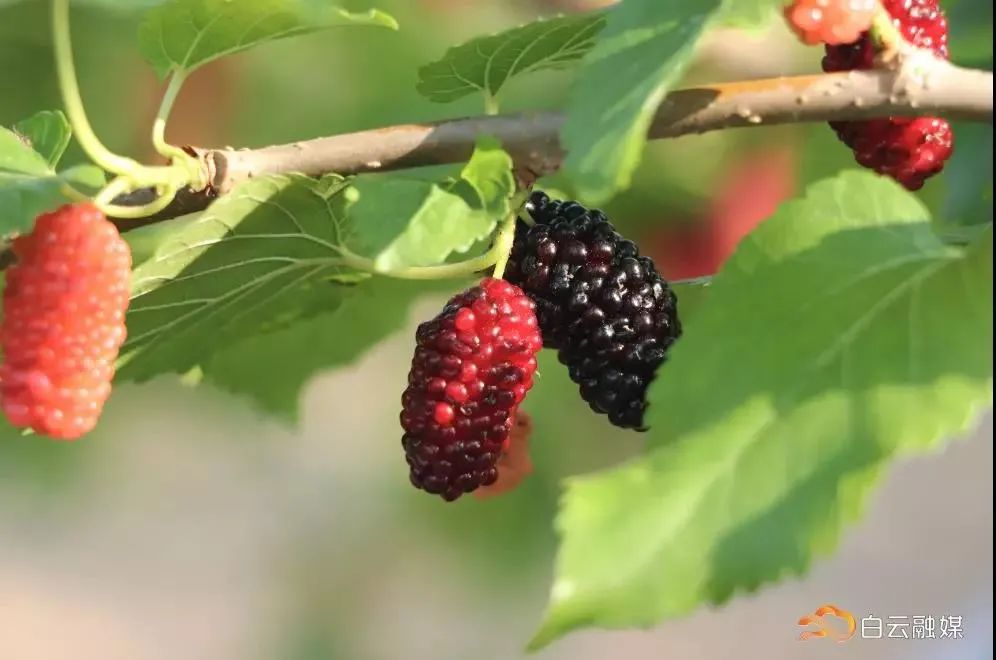
Photo/广州白云发布
A Chinese farmer proverb says, "Mulberries become black during the Grain Buds period." Thus it is a good season to eat mulberries.
Grain Buds is a season for eating the herb of the common sow thistle, which is one of the earliest edible potherbs in China.
It tastes a little bitter and tart, but also sweet. It has the function of cooling the blood and detoxifying the body. It can be made into different types of dishes. People in Ningxia Hui Autonomous Region like to eat it blended with salt, vinegar, peppers or garlic. It tastes savory and helps people feel refreshed. Some people boil the herb with water and then squeeze out the juice, which can be used to make soup.
High temperatures and humidity are common during the Grain Buds period. The increase in temperature over this season may also give rise to nettle rash, rheumatism, sweat spots, eczema and other skin diseases.
It is also important to exercise during the hot summer days. Walking, jogging and practicing tai chi are popular.
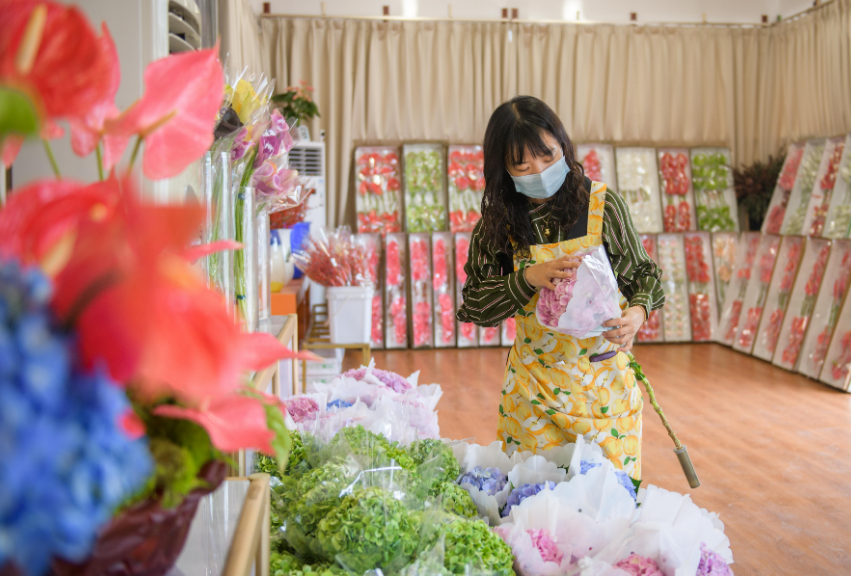
Photo/Guangzhou Daily
This time is a good period of the quick growth of flowers. It is also a season when plant diseases and pests are at an all-time high, which makes caring for your garden even more critical.
Flower trimming and clipping is important. And a systematic fertilized water system should be carried out. Flowers need a lot of water and extra care to stay healthy. Weeding should be done as they grow quickly and have to be extirpated in order to keep the soil loose and from competing with the flowers for nutrients.
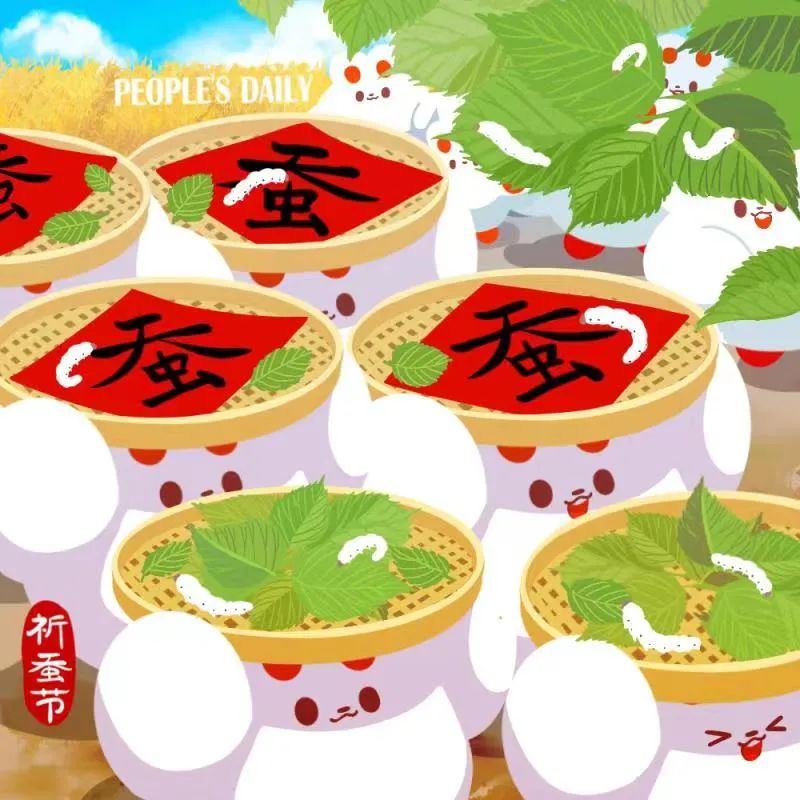
Photo/People's Daily
Silkworm rearing is a traditional byproduct for people in regions south of the Yangtze River. During the Grain Buds season, silkworms have cocooned. People begin to cook cocoons and prepare the spinning wheel for reeling silk.
People in Jiangsu and Zhejiang provinces regard this season as the birthday of the silkworm deity. Those who engage in the silk industry thank the deity by offering sacrifices and staging performances. They pray to the deity for blessings and a boom season for the silk business.
Sources: People's Daily; China Daily
Editor:Becky